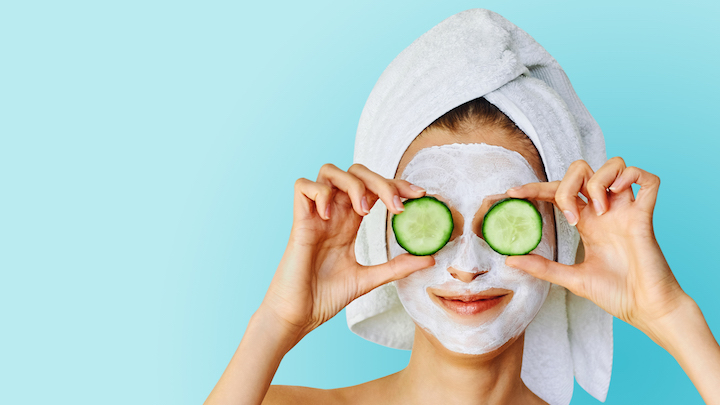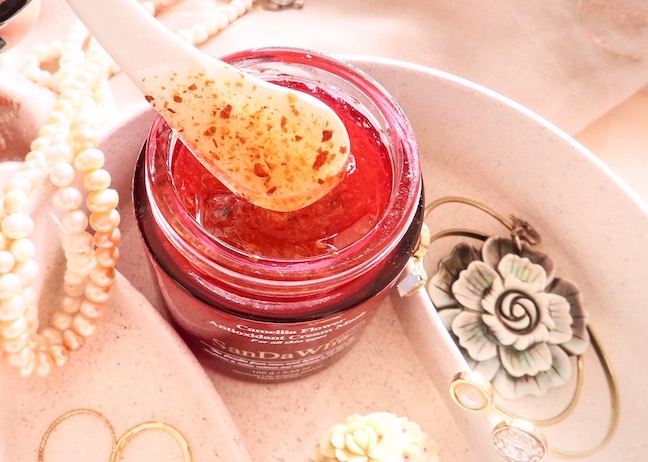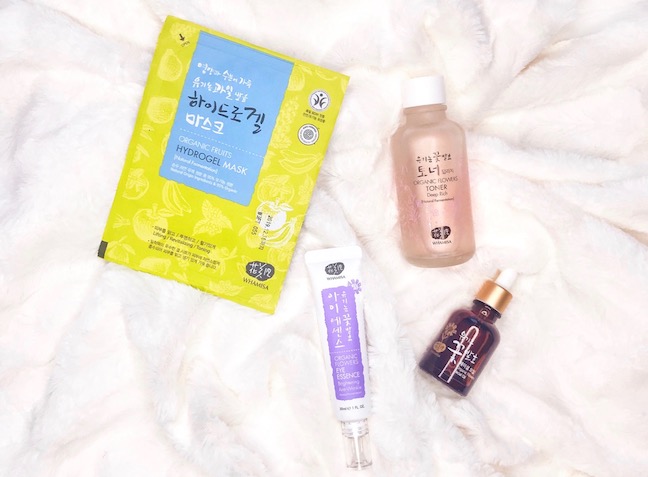Of Food-Suspicious Farmers and Other Peculiarities: How Germans Feel About Asian Beauty
As the most populous economic powerhouse in the EU, as well as one of the wealthiest nations in the world, Germany is a particularly desirable market to crack for beauty brands from Asia. The question is: how? Because, you see — we Germans aren’t easily won over!
The first thing my fellow Germans will ask me when I tell them that I use and even, gasp, blog about Asian skincare is a worried: “Are those products safe though?” Because you see, Germans are very, very concerned about safety. And, to a German, anything non-German, especially anything non-European, is automatically considered a potential safety concern.
Now — and this is uncomfortable to admit — if you add the word “Asian” to any product, the safety concern a German person might have basically triples. To most Germans, “Asian” is synonymous with “Chinese,” and “Chinese” is synonymous with “unregulated and potentially shady.” This deep-rooted xenophobia is one of the main things I find exasperating about my country. I often get into arguments with friends and family about the supposed “dangers” of perfectly safe and of course well-regulated skincare products from Korea, Japan, or Taiwan.
There is a well-known German saying that applies here: Was der Bauer nicht kennt, frisst er nicht. Which translates to: “What the farmer doesn’t know, he won’t eat.” This, truly, epitomizes the hurdle Asian skincare brands will have to jump over if they want to succeed in my country. Germans mistrust new things, and they tend to stick to what they see as reliable and familiar.

Practicality & data
Here is how a large majority of Germans will react to my elaborate, multi-step skincare routine: “Listen, K-beauty blogger girl,” they will exclaim, impatiently. “I’ve been using my Nivea cream and my drugstore soap bar for my AM and PM skincare routine for 20 years, and my skin has been just fine! What is this strange nonsense about needing an essence?”
At this point, let me introduce you to another essential German character trait: a down-to-earth practicality and straightforwardness that non-Germans often misinterpret as coldness or even rudeness. We just aren’t that interested in frivolities or empty pleasantries — we like to get straight to the point. So with Asian beauty products, after establishing their safety, Germans need to be convinced of their practical uses: “What specific benefit does this toner/serum/ampoule have that my 2€ drugstore cream doesn’t also provide?”
When I visited the Beauty trade expo in Düsseldorf this March, one of the Korean brand reps I chatted with explained to me how shocked she was to get asked all these detailed questions about ingredients: “They even want to know the exact dosage of what is in the products, down to the last digit!” She told me that in Korea, people mostly get sold on the beautiful, aesthetically pleasing packaging and the promise of what the product will do for their skin.

Buzzwords such as “whitening, brightening, anti-wrinkle” do not, however, impress the average German customer. And we aren’t flashy people either, so overly adorned packaging will probably rather repel us than draw us in — unless, of course, we can be convinced that the contents are just as amazing.
Marketing to Germans needs a very different strategy compared to, say, people in the U.S. I fear this is one of the reasons why a number of K-beauty brand introductions via Germany’s big department stores mostly seem to have flopped. Just placing Korean products on a shelf and hoping that Germans will grab them over the brands they already know and trust is, in my humble opinion, a lost cause. In order to win over German consumers, you need to educate them about why Asian beauty is absolutely worth their time and money.
The eco factor (oh, and bring on the sheet masks)
One of the ways to do this is by emphasizing the eco-consciousness of a brand. Because you see, despite my harsh judgment of us Germans as a xenophobic lot, we are also very loyal and in fact place strong emphasis on ethics in consumerism. Germany is on the forefront when it comes to organic farming, and we also pretty much invented organic skincare. Here is where Asian beauty can find a perfect entryway into the heart of the practical, nature-loving, conscientious German!

That is why organic K-beauty brand Whamisa became one of the first Asian skincare brands to go mainstream here in Germany. You can find their products everywhere, and guess what — paying a tad more than 2€ for the excellent Organic Flowers Deep Rich Toner suddenly doesn’t seem to matter all that much anymore.
Whamisa is cruelty-free, organic, eco-conscious, and their products offer highly concentrated, minimalist eco luxury — perfect for the urban, middle class German. And bonus: Whamisa products carry the German BDIH label for certified organic skincare. Now labels and certificates, those we trust! This is why I am very optimistic that CHOBS, another certified organic K-beauty brand that just launched in Germany, will also have success with their fantastic sheet masks.

Oh, oh — sheet masks! Another hit in Germany! See, German practicality comes into play here again: We totally get why sheet masks are awesome inventions because they are just so darn convenient, and you can try them out for a few euros before you commit to a brand.
So how can Asian beauty brands capture a German’s heart? By showing the efficacy, safety, and convenience of the products, and steering away from the notion that Asian skincare is overly complicated, flashy, or a risky consumer choice. Which, mind you, is orientalist nonsense anyway! Minimalist brands such as COSRX, Klairs, or SanDaWha are already doing a great job marketing their products as simplistic, sophisticated, and ingredient-focused here in Germany.
If an Asian beauty brand has soul, passion, and integrity, then Germans can potentially become the most loyal, most fervent forever customers. The heart of a German is not easily won, but once it is yours, it is yours for all eternity.
Loading...